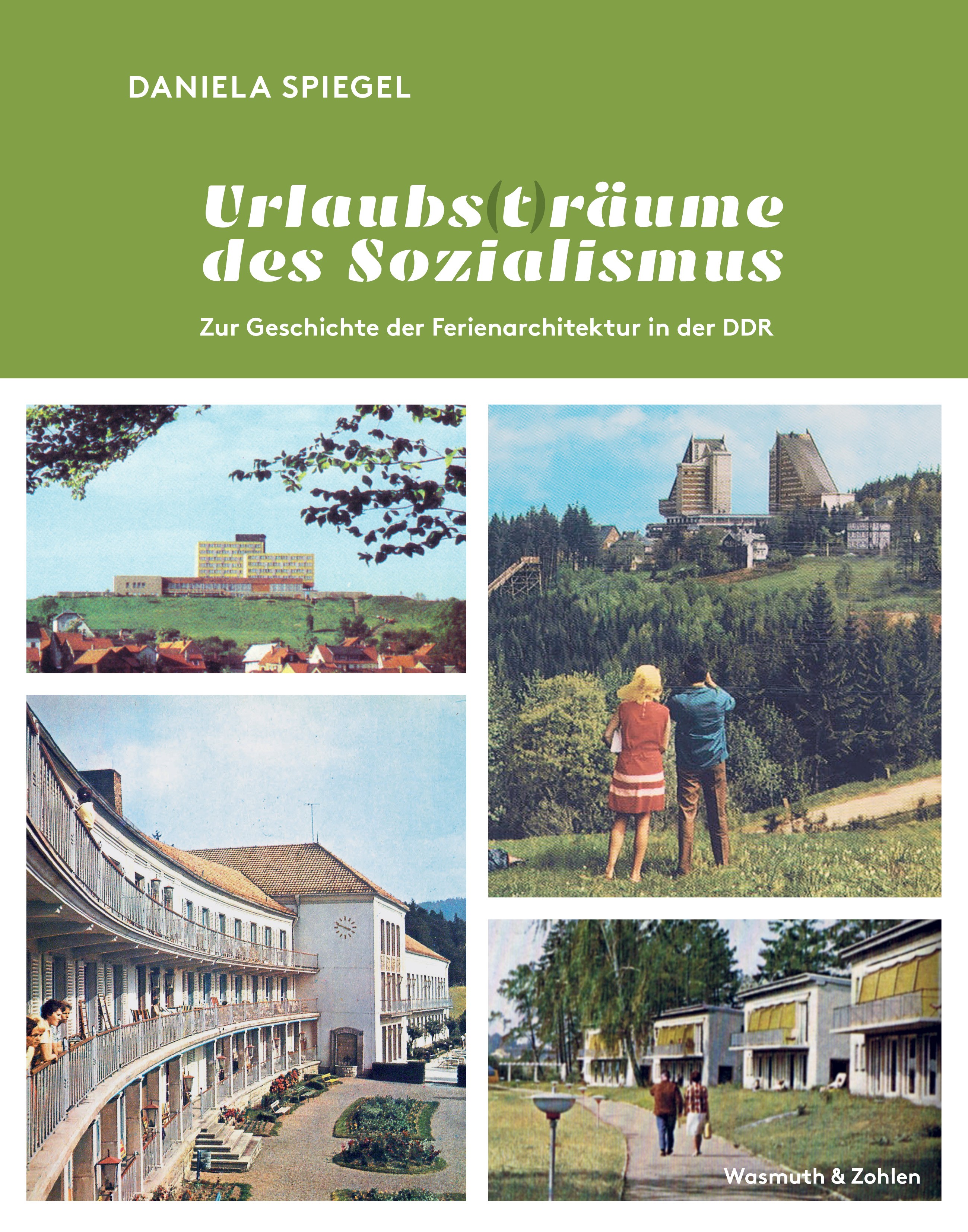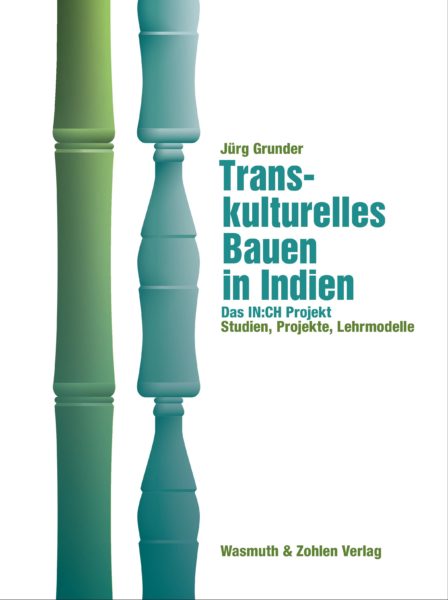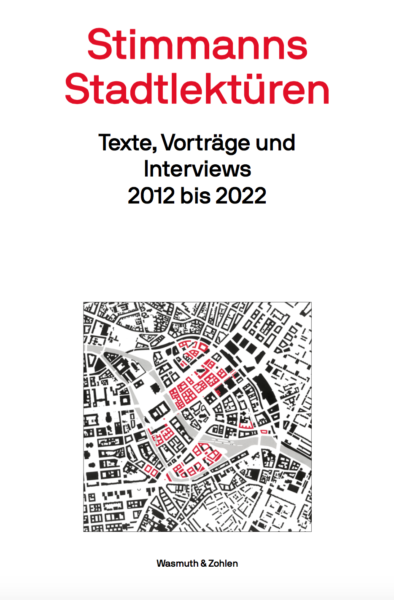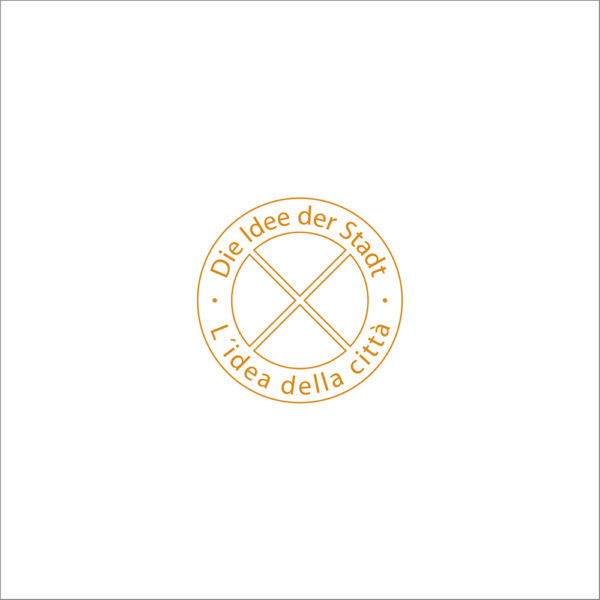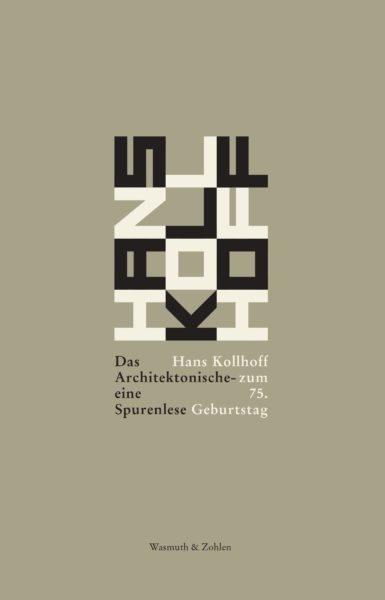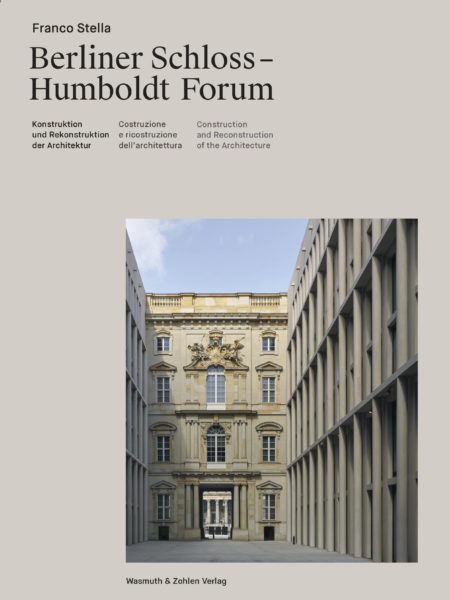Urlaubs(t)räume des Sozialismus
Zur Geschichte der Ferienarchitektur in der DDR
The transformation of tourism into a mass movement is a phenomenon of the 20th century that came to full expression after the Second World War. In the GDR, which established the legal right to vacation for working people when it founded the state in 1949, vacation was recognized from the outset as a factor that stabilized and legitimized the system and was controlled by the state. As an elementary component of the socialist lifeworld, it was not to be understood as an escape at all - in clear distinction from Western interpretations - but, on the contrary, as a complement to everyday life and the working world of GDR society.
- Author: Daniela Spiegel
- ISBN: 978 3 8030 2105 2
- Size: 28 x 22 cm
- Edition: 1st edition, original edition
58,00 €
incl. 7% VAT
zzgl. Versandkosten
-
The transformation of tourism into a mass movement is a phenomenon of the 20th century that came to full expression after the Second World War. In the GDR, which established the legal right to vacation for working people when it founded the state in 1949, vacation was recognized from the outset as a factor that stabilized and legitimized the system and was controlled by the state. As an elementary component of the socialist lifeworld, it was not to be understood as an escape at all – in clear distinction from Western interpretations – but, on the contrary, as a complement to everyday life and the working world of GDR society.
The author explores the question of how the socialist state, for which the educational function of architecture and urban planning was always of central importance, constructed and shaped the spatial, architectural, and cultural experience of the state-controlled vacation.Read in:
Deutsch -
Weight 1.490 kg Author Daniela Spiegel ISBN 978 3 8030 2105 2 Size 28 x 22 cm Number of pages 320 pages Illustrations Numerous Illustrations Languages German Edition 1st edition, original edition Release September 2020

